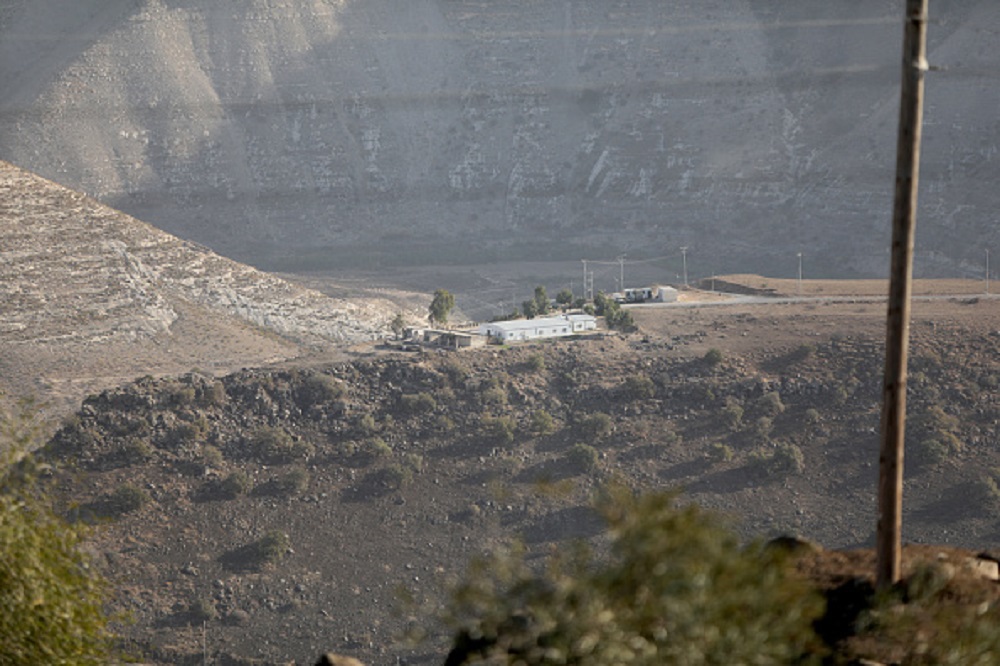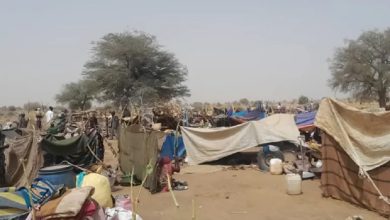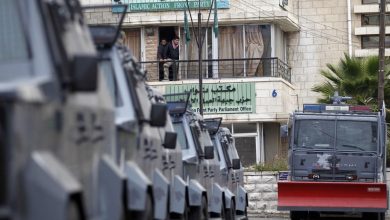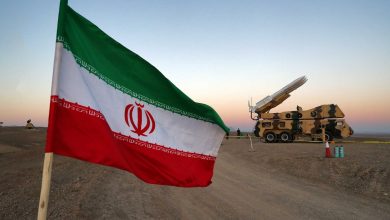Israel Launches Largest Airstrikes in Two Months, Targeting Syrian Military Sites
Israeli airstrikes hit over 40 locations in Syria, citing security threats, as tensions escalate over regional power struggles and armed factions.

Watan-The Israeli occupation army launched at least 41 airstrikes between Monday and Tuesday, marking the largest attack in two months on sites inside Syria under the pretext of security concerns. Israel continues its interventions in Syrian affairs, exploiting the state of chaos on the coast.
Meanwhile, Israeli media are attempting to portray the massacre in Syria as an opportunity, falsely claiming that certain Alawite groups are calling for Israeli intervention. This aligns with Israel’s long-standing strategy of exploiting sectarian and ethnic divisions in a country struggling to rebuild itself. Simultaneously, Israeli media are also promoting intervention under the pretext of protecting Syria’s Druze population, despite Druze leaders openly rejecting such interference.
According to the Israeli occupation army, its warplanes carried out dozens of airstrikes overnight in southern Syria, primarily targeting positions linked to the Syrian regime under Ahmad Al-Shara. The attacks focused on radar systems and surveillance equipment used for intelligence gathering, in addition to military headquarters and sites housing weapons and military gear.

Israel’s Largest Airstrikes in Months Hit Syria Amid Rising Tensions
In a statement about the aggression, the Israeli army claimed that “the presence of these targets in southern Syria poses a threat to Israel and Israeli military operations. These strikes were carried out to eliminate future threats.” According to Israeli media, including Yedioth Ahronoth, this was Israel’s largest and most extensive series of attacks in over two months.
Israeli security analyst Ron Ben-Yishai, writing in Yedioth Ahronoth, indicated that Israel is leveraging internal Syrian conflicts to its advantage. He specifically mentioned that the massacre of Alawites in western Syria reinforces Israel’s perception of “emerging threats that require Israel to prepare in advance.” He also highlighted Israeli concerns over Turkey’s growing role in Syria, stating that “this is not just a threat from jihadist factions taking control and presenting a moderate and stable image, but also the perception that Syria could become a center of fragile political stability, including military bases for the Ottoman Empire that Erdoğan is attempting to reestablish.”
Israeli officials and analysts have expressed growing concerns over rapidly evolving threats, particularly from Hamas and Palestinian Islamic Jihad. According to Ben-Yishai, who frequently cites Israeli military and intelligence sources, these groups may attempt to launch operations from Syria against Israeli border towns in the occupied Golan Heights and northern Israel.
Israel further claims that the new Syrian regime has released high-profile Hamas and Islamic Jihad figures from prison. Ben-Yishai alleged that “Bashar al-Assad had imprisoned them to avoid entangling himself in a conflict with Israel if they carried out planned attacks. The fear now is that they have already begun plotting new operations.” Another Israeli concern is that Turkey might be arming and training jihadist groups, particularly the “Golani Army,” according to his report.

In response to what Israel describes as “multiple threats,” Yedioth Ahronoth reports that Israel is working to establish a new security reality in the area near its borders south of Damascus. Israeli Prime Minister Benjamin Netanyahu and Defense Minister Yisrael Katz have already declared that Israel will not allow the deployment of new Syrian forces in the south, nor will it permit what it calls “jihadists” to move freely in the Golan Heights. They claim that the region, abandoned by Assad’s forces, contains numerous military sites filled with weapons that could be used against Israel.
Local activist Ahmad Al-Masalma from Daraa said, “We heard the explosions echoing from the direction of the barracks. The airstrikes this time were intense and unexpected, especially with the aircraft continuing to hover for hours.” Meanwhile, local resident Fares Al-Hariri commented, “Civilians here live in constant fear of an unprecedented escalation. We have become a battleground for regional power struggles.” He described the attacks as “an Israeli response to the agreement between the Syrian government and the Syrian Democratic Forces (SDF).”






